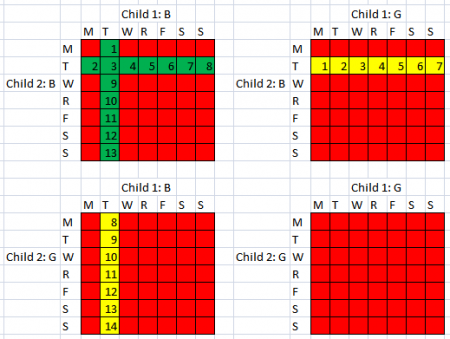Nordic Digra 2010: Experiencing Games: Games, Play, and Players
August 16-17, 2010
Kista, Stockholm, Sweden
The programme has now been set for the Nordic Digra conference, and we would like to extend our call for participation to this exciting first-time event! The theme for the conference, ‘experiencing games’, places a particular focus on studying design for player experience and research on tools and methods for player-participatory design.
The event will feature
– Keynotes by Prof. Jesper Juul (Half-Real and Casual Revolution) and Christopher Sandberg (CEO and founder of The company P)
– Papers sessions presenting up-to-date Nordic research in the game area
– Two workshops, on Collecting and analyzing video data in game studies and designing and implementing pervasive games
– A social evening located in the new Digital Arts Centre in Kista, featuring music, good food and, of course, gaming
About the keynotes:
Christopher Sandberg is CEO and founder of International Interactive Emmy Award winning television and new media production company The company P. He has one and a half decade of experience in start-ups as CEO and as Executive Producer in television, online and mobile, ranging from drama to social applications and games. Sandberg is Executive Producer and Creative Director for the new project by Tim Kring (creator of Heroes), the Conspiracy For Good.
His keynote draw on experience from working with some of the leading showrunners in drama and having broadcast meet games, social media and live action street play. He will talk about the latest productions from The company P: It is about letting the audience in to your world, and letting the shared experience out into the world”.
Jesper Juul has been working with the development of video game theory since the late 1990’s. He is currently at the NYU Game Center and The Danish Design School, but has previously worked at the Singapore-MIT GAMBIT Lab at MIT and at the IT University of Copenhagen. His book Half-Real on video game theory was published by MIT press in 2005. His recently published book, A Casual Revolution, examines how puzzle games, music games, and the Nintendo Wii are bringing video games to a new audience.
He will be talking about The Casual Turn: Reinventing Video Games & reinventing Game Research
Registration fee includes coffee and tea breaks, lunches and conference dinner on Monday evening. The workshops have no registration fee but we need to know if you will participate.
Non Digra members need to become members, check http://www.digra.org/join
Early bird fees:
Regular – 130 Euro alt 1250 SEK
Student – 50 Euro alt 475 SEK
Registration after August 1:
Regular – 150 Euro alt 1450 SEK
Student – 70 Euro alt 650 SEK
For registration and further information, go to our website www.nordic-digra.org

